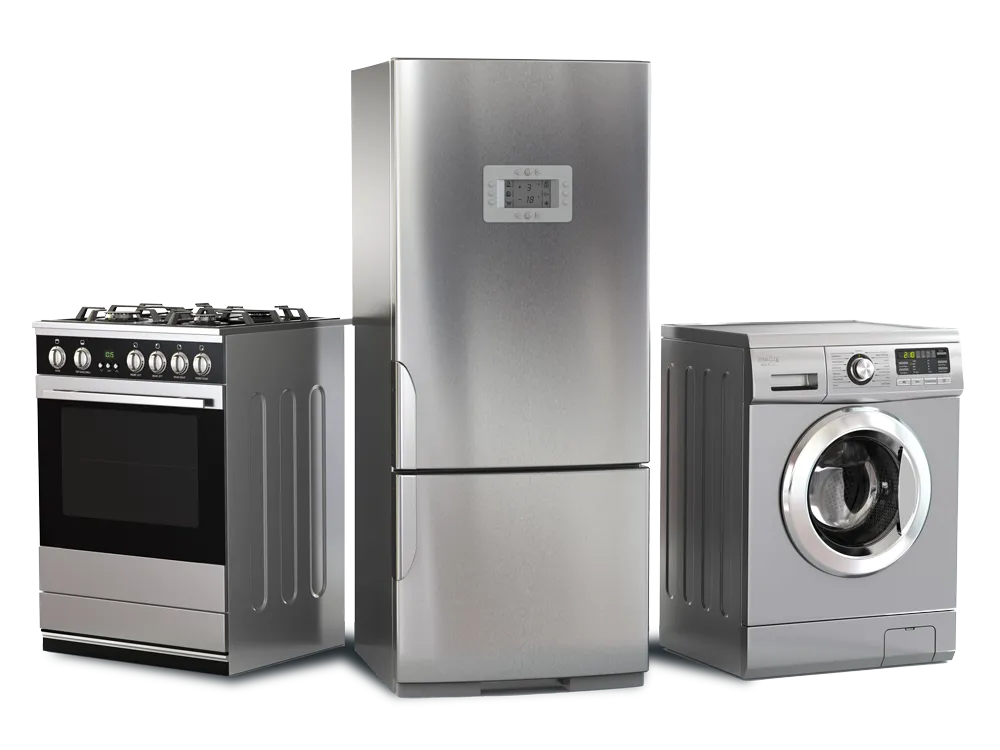
Inconsistent Cooling: If your Electrolux refrigerator isn’t maintaining a cold enough temperature or is freezing food, the culprit could be a faulty thermostat, blocked air vents, dirty condenser coils, or a malfunctioning evaporator fan.
Water Dispenser Issues: Problems with the water dispenser could include leaks, slow dispensing, or the dispenser not working at all. These often relate to a faulty water inlet valve, a frozen water line, or issues with the dispenser control board.
Excessive Frost: Frost buildup in Electrolux refrigerators usually points to a problem with the defrost system. This could involve a faulty defrost heater, defrost thermostat, or defrost timer.
Dishes Not Drying: If your dishes are still wet after a cycle, there may be problems with the rinse aid dispenser, heating element, or drying fan in your Electrolux dishwasher.
Leaking: Leaky Electrolux dishwashers often have issues with the door gasket, spray arm, pump seal, or water inlet valve.
Error Codes: Electrolux dishwashers might display error codes to indicate specific problems. Refer to your owner’s manual to understand and troubleshoot these codes.
Uneven Baking/Heating: Electrolux ovens may bake or heat unevenly due to faulty heating elements (bake or broil), problems with the thermostat, or the need for calibration.
Surface Burner Not Igniting (Gas Ranges): Issues with the burner igniter, gas valve, or spark module are common reasons why a surface burner might fail to ignite on an Electrolux gas range.
Touchpad Not Responding: Malfunctions with the control board or touchpad itself can cause unresponsiveness in Electrolux oven touch controls.
Washer Not Draining: Clogged drain pumps, kinked or blocked drain hoses, or a faulty drain pump are typical causes of water failing to drain from Electrolux washing machines.
Excessive Noise/Vibration (Washers): Unbalanced loads, worn-out bearings, or problems with the suspension system can lead to noisy and shaky Electrolux washers.
Dryer Not Heating: A lack of heat in Electrolux dryers is likely due to a broken heating element, blown thermal fuse, faulty thermostat, or lint buildup restricting airflow.
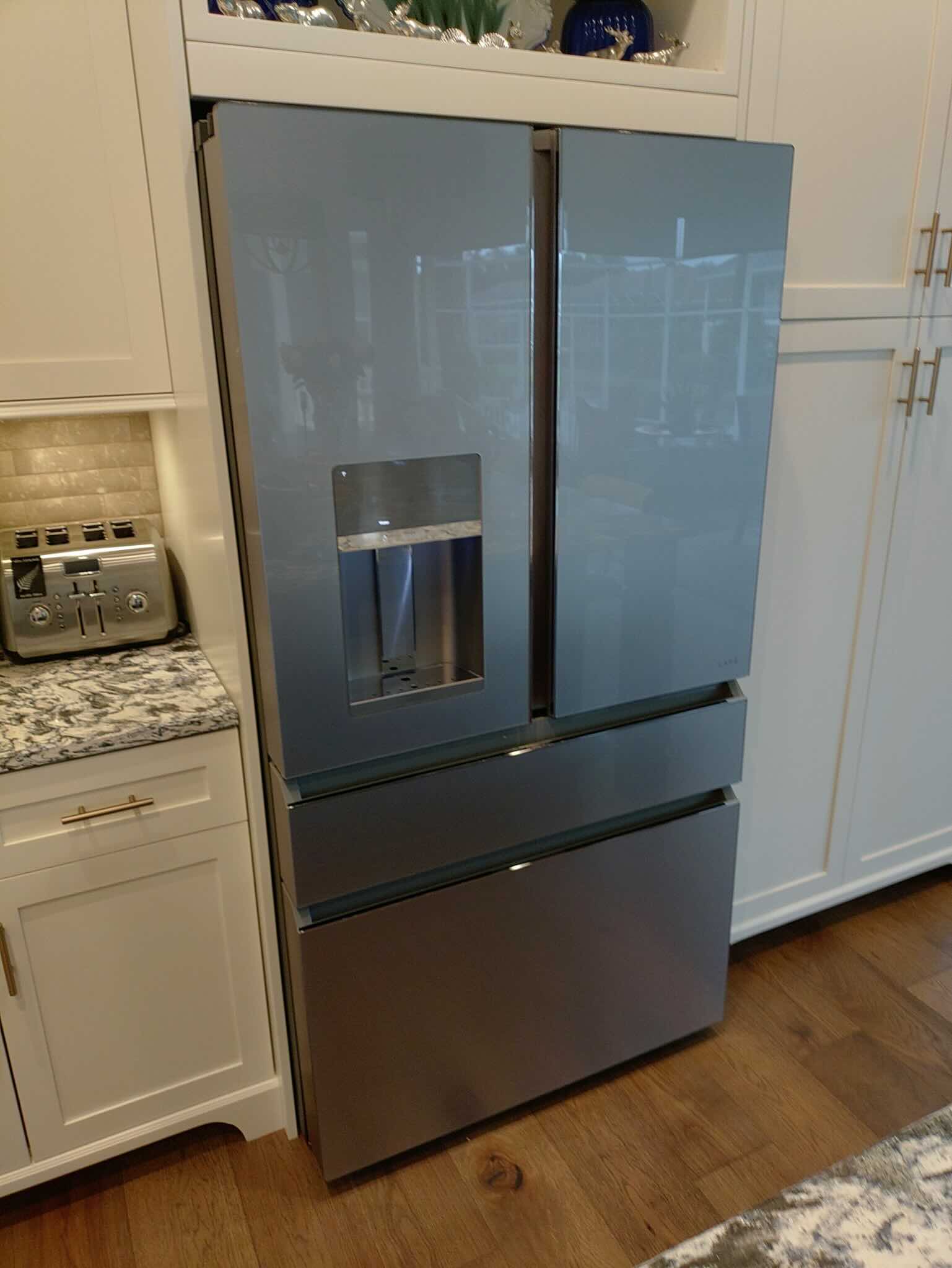
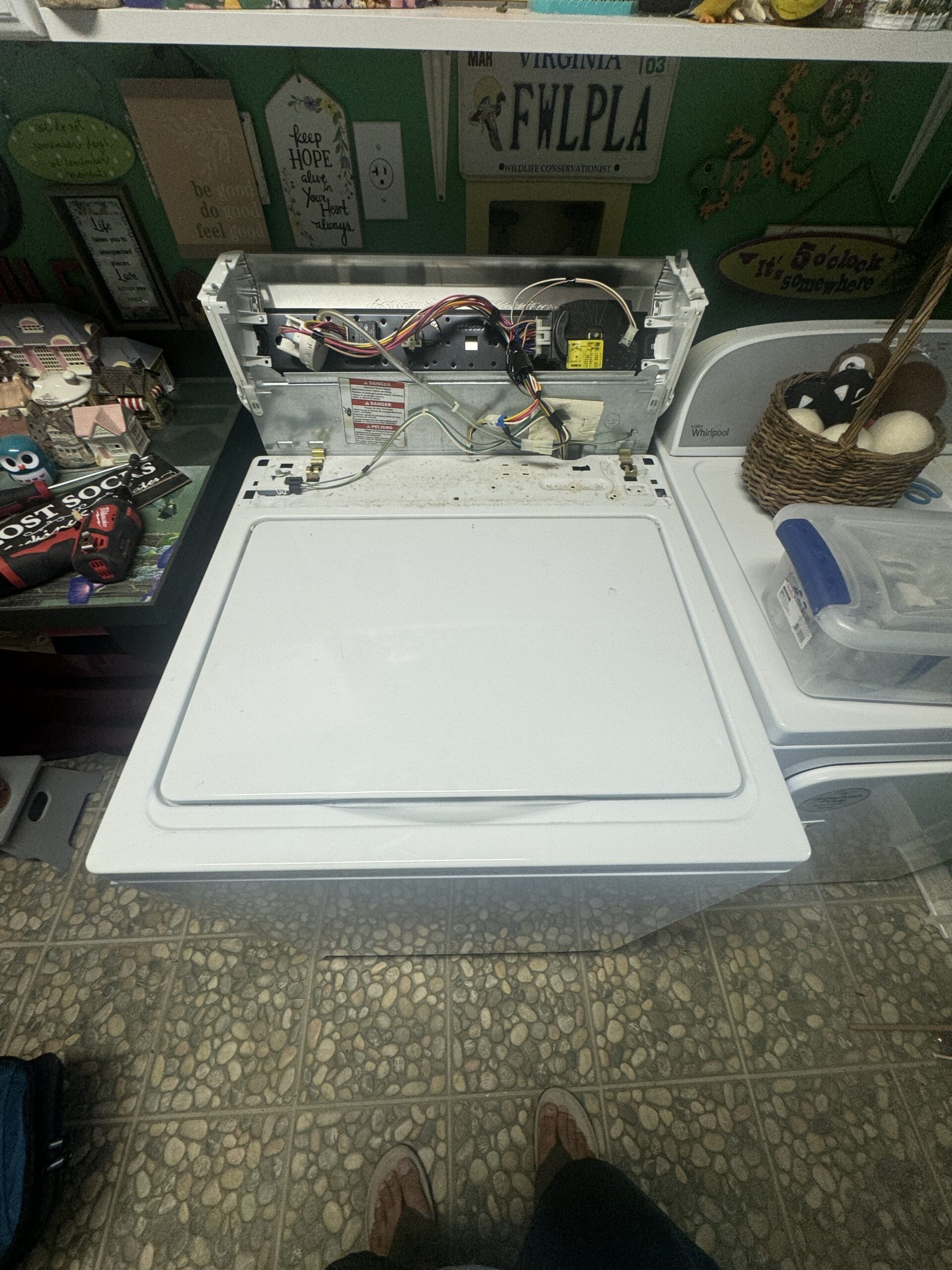
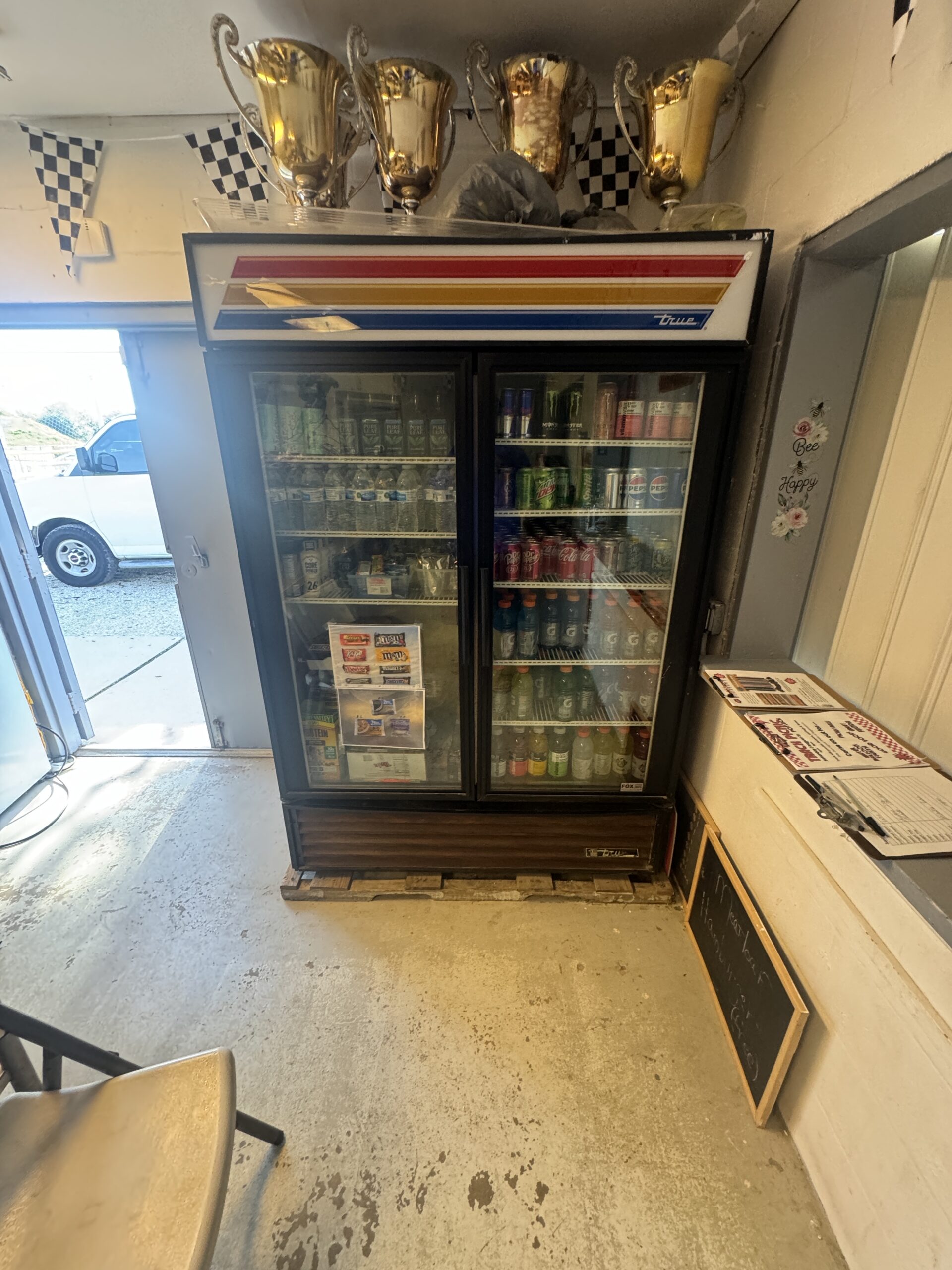
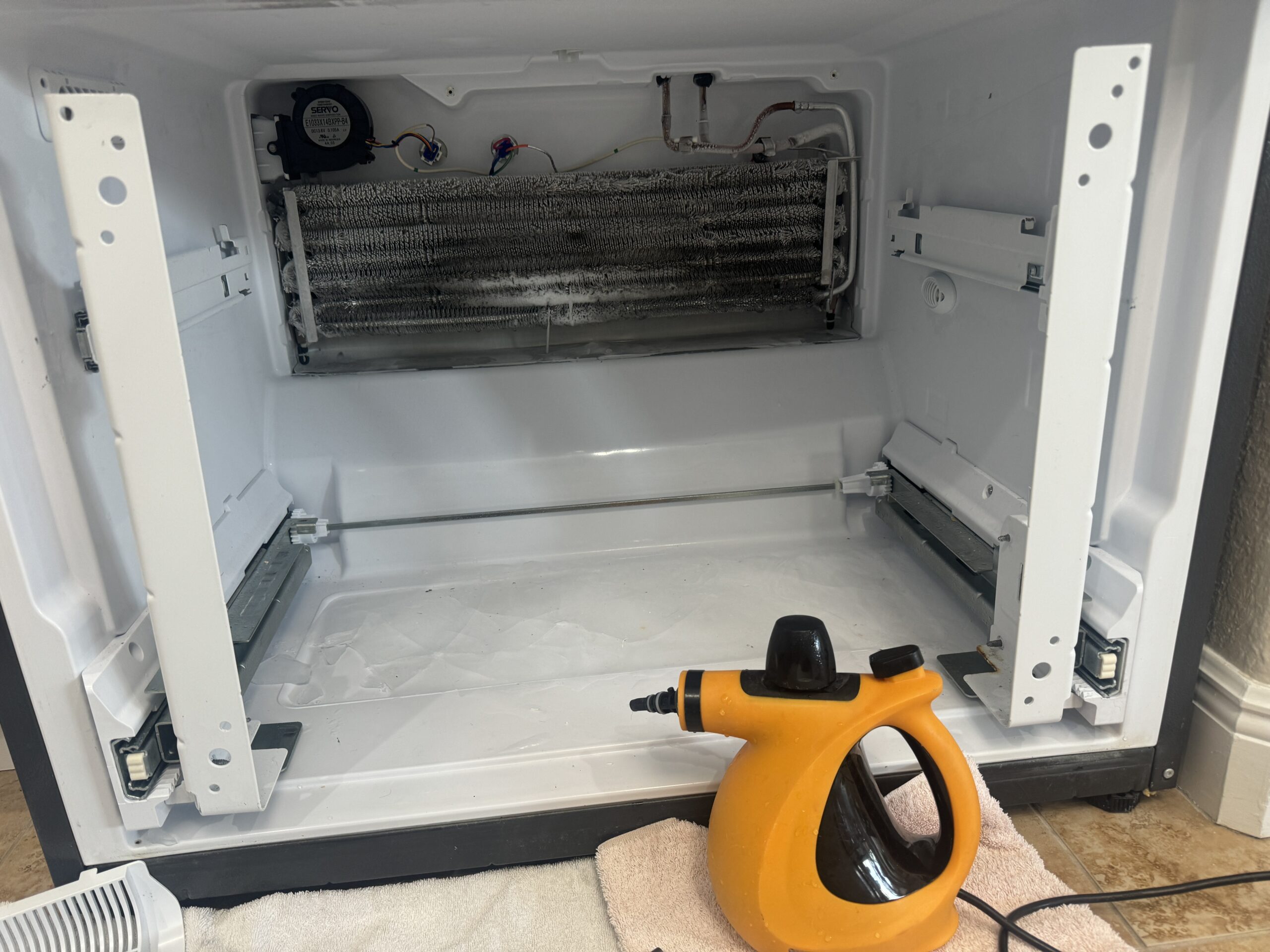
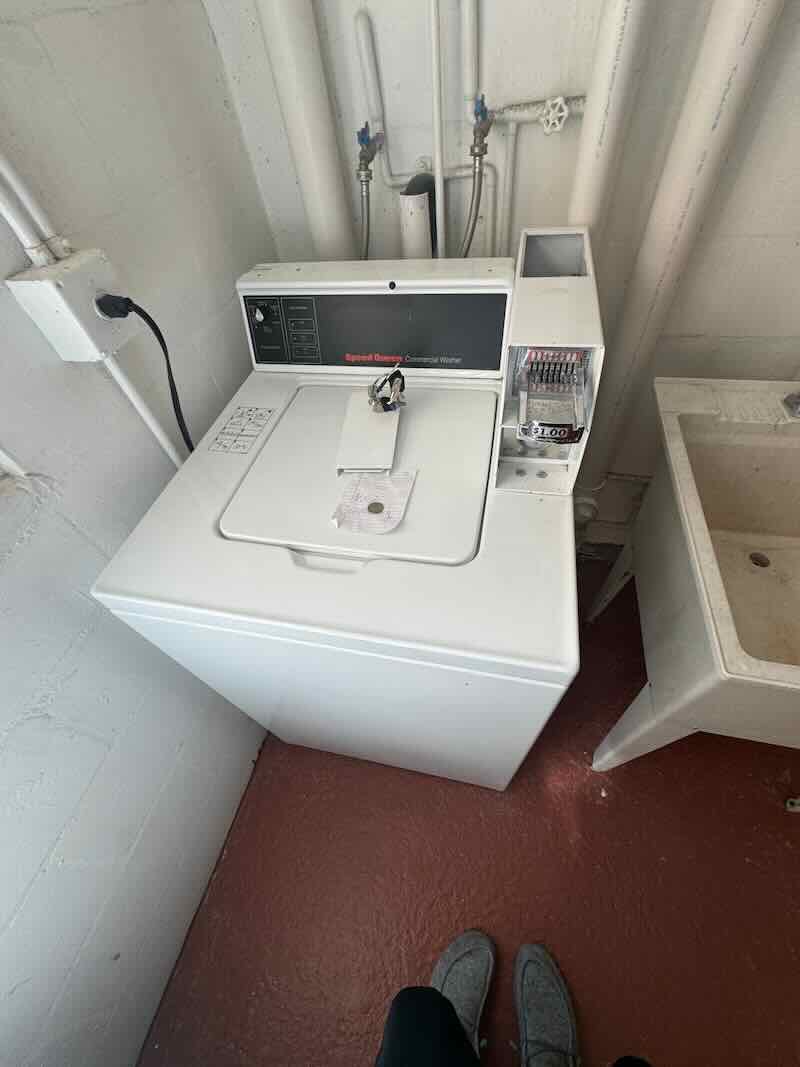
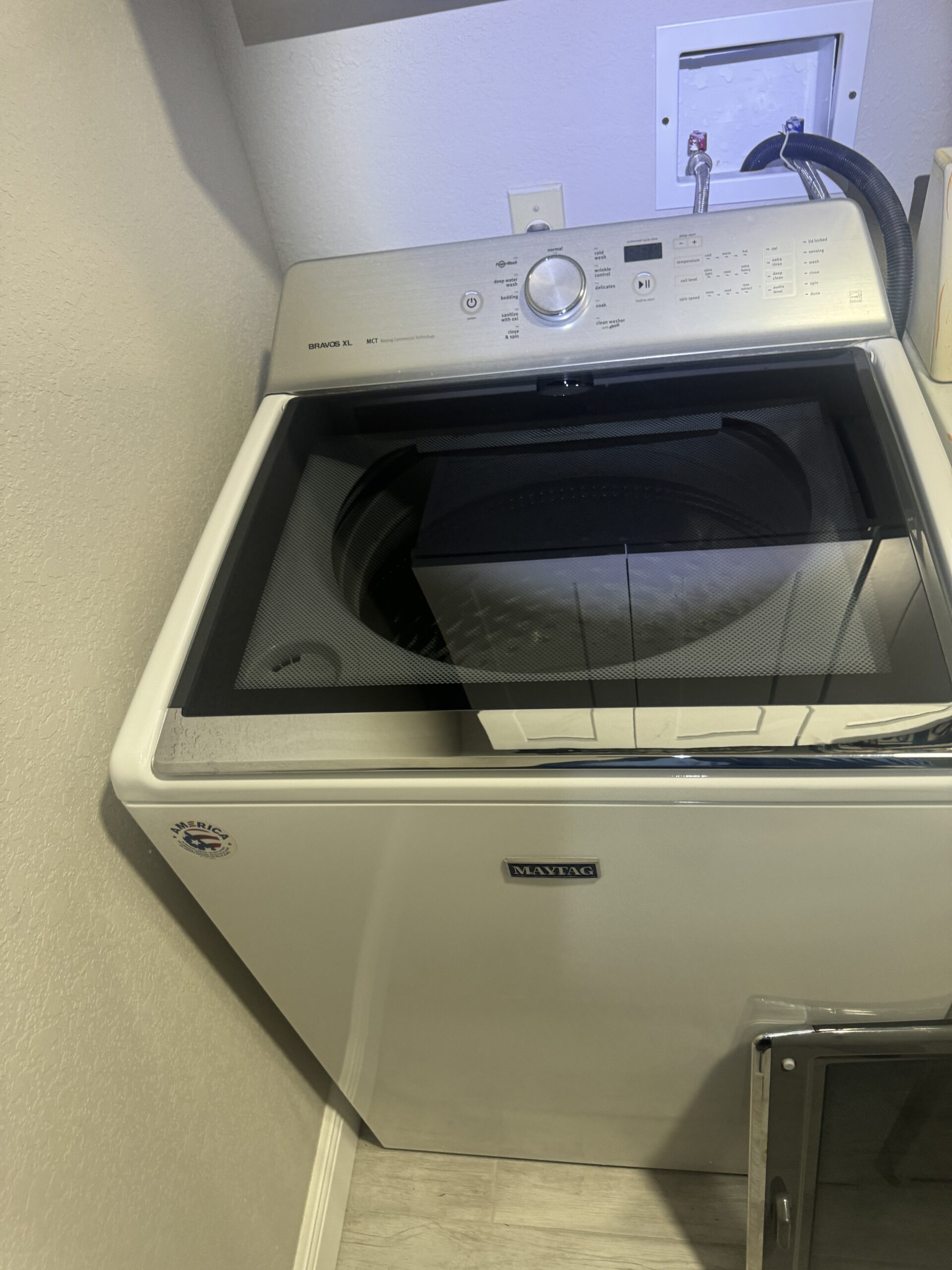
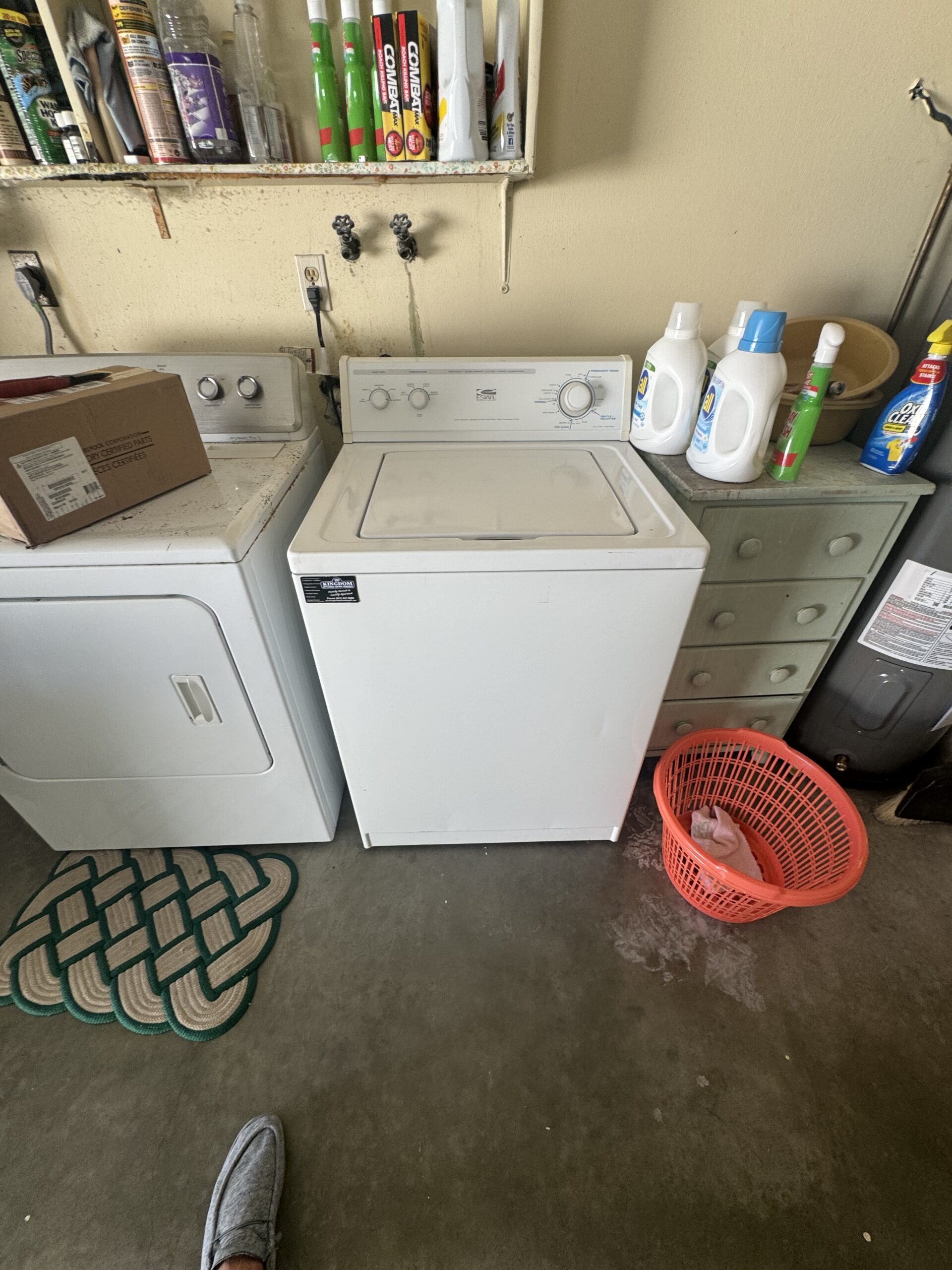
So, your refrigerator broke and you’re questioning whether to fix it or just buy a new one.
The fridge is old: If your refrigerator is nearing the end of its typical lifespan (10-15 years), repairs may become recurring expenses.
The repair cost is significant: Major repairs, like a compressor failure, can be close to the price of a new, budget-friendly model.
You want upgraded features and efficiency: Newer refrigerators often boast better energy efficiency and convenient features.
I always recommend getting a repair estimate first. That way, you can compare the cost of fixing it versus the price of a replacement and make the best decision for your situation.
Let me know if you’d like help finding a qualified technician or exploring new refrigerator options!”
